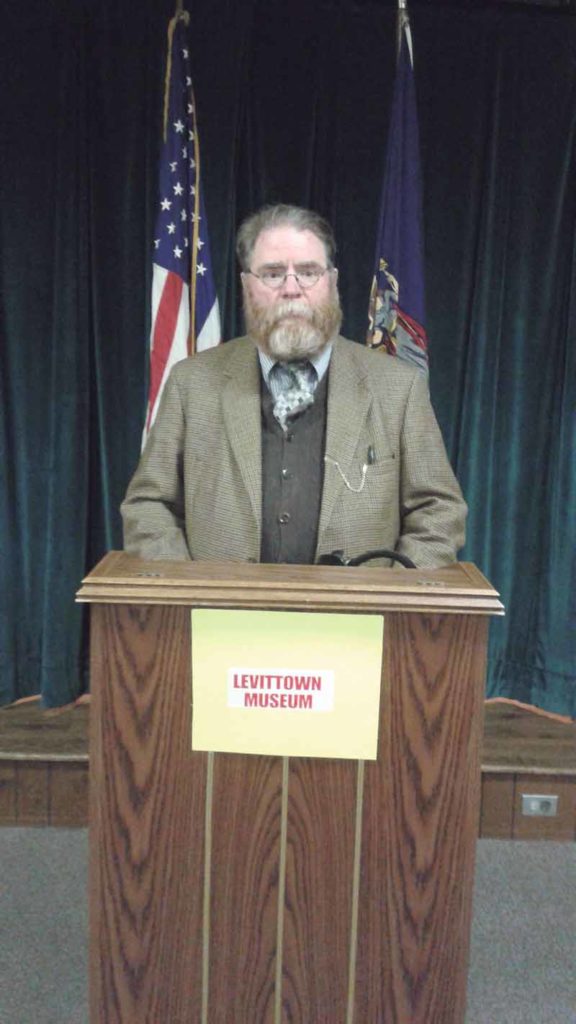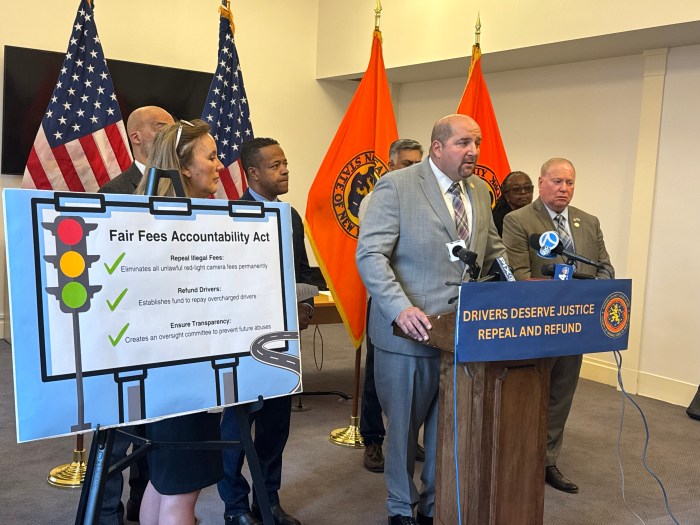By Paul Manton
To me, it’s difficult to overestimate William Levitt’s achievements and what they meant for ordinary working people.
To the farmer whose land was depreciating in value, he gave a generous compensation for the acreage. To the construction worker, carpenter, electrician, landscaper, plumber, painter, lumberman, cement man, clerk and salesman, he gave the most competitive wage on the market and professional experience. To the homecoming GIs who went on to become our firemen, policemen, store clerks, factory workers, mechanics, cooks, gas station attendants and teachers, he gave a clean, modern, efficient and inexpensive home. To the housewife, he gave the “kitchen of the future” with state-of-the-art appliances. To children he gave pools, playgrounds and seed money for athletic clubs. To businesses, school districts, and ecclesiastical institutions, he gave strategically-placed land for stores, schools and houses-of-worship. To charities he gave millions of dollars in donations. To the world at large he gave revolutionary mass-production, civil engineering, labor, purchasing and business management techniques that came to be emulated, in one degree or another, throughout the globe. Few people have done so much for so many as Levitt.
If any of this sounds like hyperbole or hero worship, pray consider the circumstances for millions of working families. Men, women and children experienced the soup kitchens, breadlines, strikes, sidewalk evictions and rent riots of the Great Depression and the hardships and sacrifices of the war that followed. Soldiers came home to unheated attics, leaky basements, tents, Quonset huts, tool sheds and empty street cars, and, for some, homelessness in the streets. The housing industry had nearly followed the stegosaurus into extinction. Levitt was the only one that had any realistic plan to relieve the situation, and he is remembered as “Mr. Suburbia” because his methods were what ignited the building boom of the 1950s after the home industry had nearly collapsed in the 1930s and 1940s.
Many decades have passed since Levittown began. But the community’s founder is to be well remembered and rightly seen as the builder of the people, and his legacy is preserved for all to celebrate at the Museum of the Levittown Historical Society.
—Paul Manton is the president of the Levittown Historical Society






























